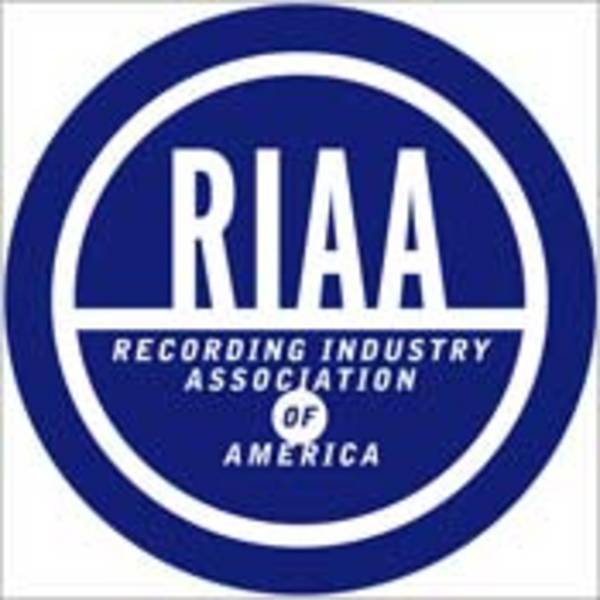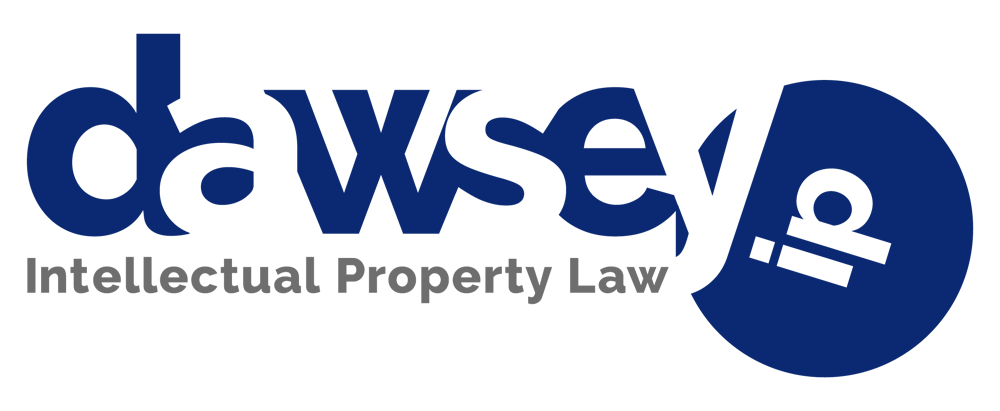
Music File Sharers Beware! (of the RIAA Clean Slate Program)
© 2003, Dawsey Co., LPA
September 2003
The Recording Industry Association of America (RIAA) recently followed through on their threat to sue individuals who have been illegally distributing substantial amounts of copyrighted music on peer-to-peer (P2P) networks. In fact, the first round of lawsuits, filed September 8th, included copyright infringement claims against 261 individual file sharers. The individuals that have been sued average in excess of 1,000 illegally distributed music files.
Clean Slate Program
To mitigate public backlash against the suits, the RIAA has introduced a clean slate program that RIAA describes as a grant of amnesty to P2P users who voluntarily identify themselves and pledge to stop illegally sharing music on the Internet. In fact, the RIAA states that it will guarantee not to sue file sharers who have not yet been identified in any RIAA investigations and who provide a signed and notarized affidavit in which they promise to respect recording company’s copyrights. Mitch Bainwol, RIAA Chairman and CEO, said “[f]or those who want to wipe the slate clean and to avoid a potential lawsuit, this is the way to go.” While the concept is appealing, the clean slate program leaves many loopholes open that should be of particular interest to potential participants. Specific details of the program may be found at www.musicunited.org, including the “Clean Slate Program Affidavit.”
Damages May Be Severe
Let there be no mistake, copyright infringement is taken very seriously by the courts and can be extremely costly to infringers. Under the federal copyright laws, Title 17 of the United States Code, infringers may be sued for statutory damages ranging from $750 to $150,000 for each copyrighted work that has been illegally copied or distributed. It is important to note that statutory damages may be awarded without a showing of actual damages! Therefore, it is easy to see how a file sharer of 1,000 + titles can quickly become liable for damages in excess of $1 million.
The Clean Slate Program Affidavit
The last paragraph of the affidavit states “I acknowledge that I have signed this Clean Slate Program Affidavit voluntarily and that nothing herein prevents me from consulting with counsel of my own choosing.” (emphasis added) To attorneys this is a large red flag, and it should cause concern to those considering signing the affidavit. In fact, since introducing the clean slate program, the RIAA has found itself on the receiving end of a lawsuit alleging that the amnesty program is a fraudulent business practice!
Much of the controversy surrounding the affidavit centers on the statement “. . . I understand that RIAA agrees not to support or assist in any copyright infringement lawsuit against me based on these past activities,” and several similar provisions. The fraudulent business practice suit alleges that the affidavit is deceptive because the RIAA does not own the copyrights. The suit contends that because the RIAA is leading the charge against P2P file sharing the public thinks that the RIAA has the power to promise not to sue. However, the plaintiffs in these file sharing suits are the copyright owners, not the RIAA. Additionally, those considering signing the affidavit must keep in mind that by signing the affidavit you are making an admission that you “. . . illegally downloaded, copied or ‘shared'” copyrighted sound recordings. Making such an admission is extremely risky. The RIAA has responded to these allegations through their spokesman, Jonathan Lamy, stating “Read the form; it’s pretty clear what’s being offered and who’s offering it.”
Conclusion
The bottom line is that no one is sure whether P2P file sharers are putting themselves at risk by signing the affidavit. While the RIAA had pledged to keep the affidavits solely for their internal use, the affidavits are nonetheless admissions that may potentially be used against the signing party if the affidavits get into the wrong hands, namely RIAA members who are not bound by the program. Many argue that RIAA has made a hollow promise in return for your admission of guilt. Whatever you do, do not sign a RIAA “Clean Slate Program Affidavit” thinking that you have just shielded yourself from potential lawsuits.
